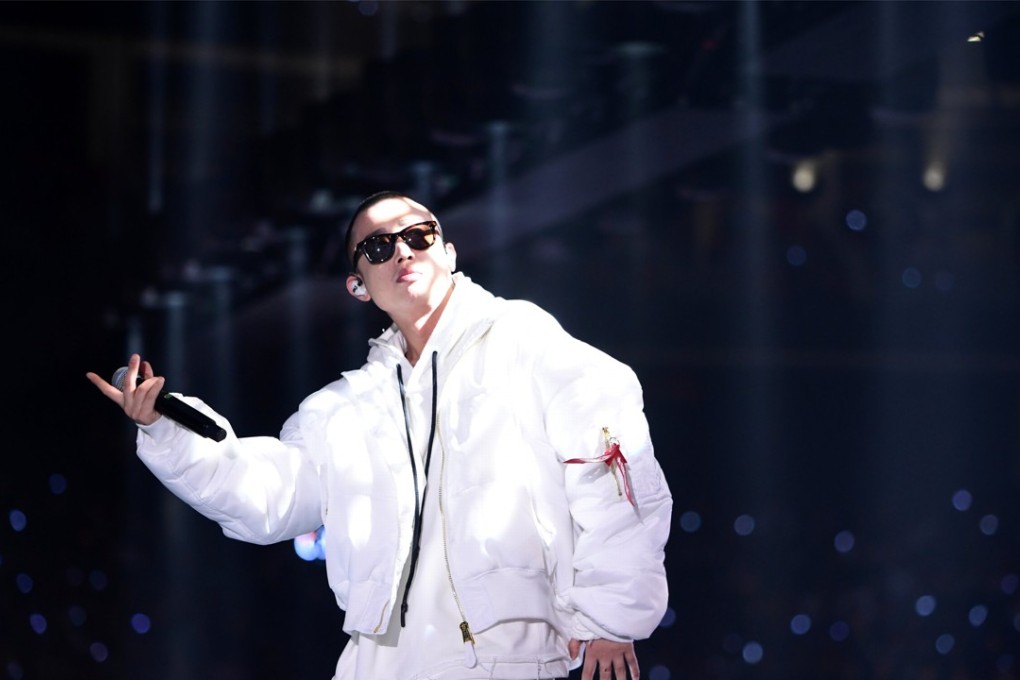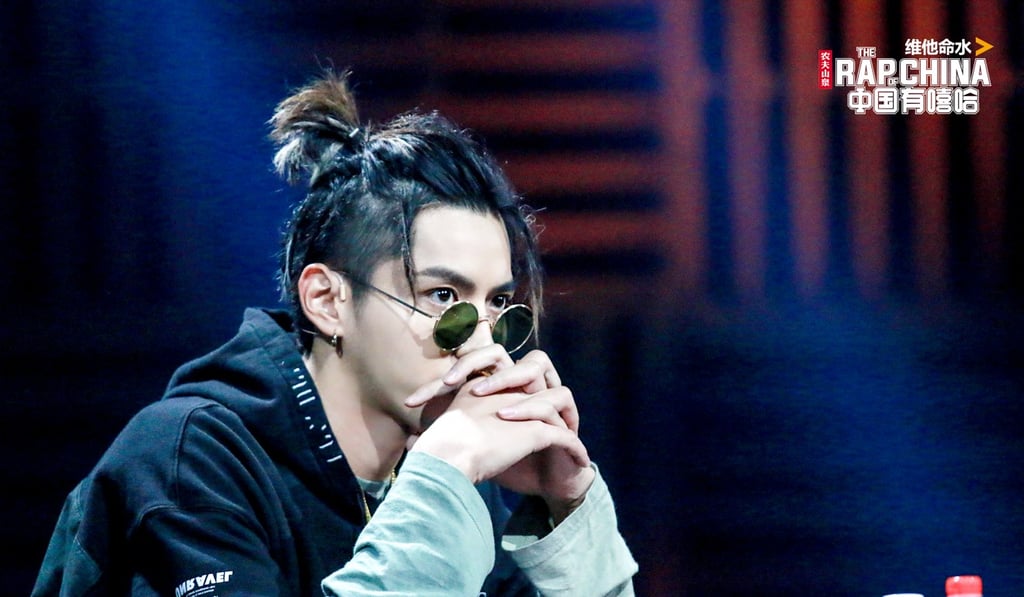‘China’s Netflix’ scores massive hip-hop talent show blockbuster thanks to AI
From choosing the cast for TV shows to deciding which movies to buy for its viewers, Baidu-backed iQiyi is using artificial intelligence to inform its decisions

iQiyi, which has been likened to China’s Netflix, was casting around for a hit series last year when the idea for a hip-hop talent show bubbled up.
The Brain turned out to be right. Since its debut in July 2017, the 12-episode Rap of China has racked up 2.68 billion views on its website when the show ended on September 10. The two winners of the show, Wang Hao, known as “PG One” and Zhou Yan, known as “GAI”, became overnight sensations.
“Many doubted that it could be a success because hip hop seemed quite niche,” Tang Xing, chief technology officer of iQiyi, said in an interview in Beijing. “Machines can make much better predictions on audience responses or casting decisions than humans because they keep track of what happens in the entire entertainment industry.”
